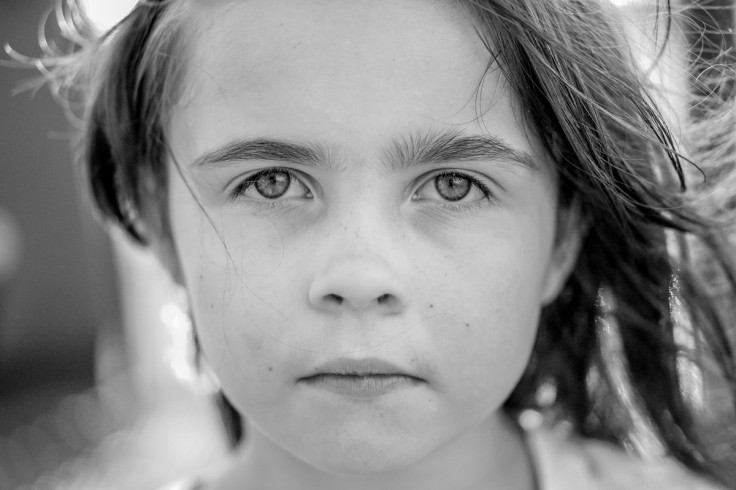
A person who has had adverse childhood experiences affects his adult life significantly. A study reveals how an adverse upbringing could impair one's health and circumstances when they into adults.
The team studied a large number of correspondents that included 818 moms and their partners. They asked the subjects to answer a questionnaire about their life one year after having a child.
An unfavorable living condition linked to a negative childhood
The study's principal author and senior lecturer at the Department of Public Health and Caring Sciences at the Uppsala University, Per Kristiansson, explained what they found out. He said that the couples noted how a relatively unfavorable living situation links to a negative childhood experience.
Adverse childhood experiences (ACEs) affect a person's future dramatically. Studies showed that the higher the number of ACEs, the higher the risk a person would have negative consequences in life.
A tough childhood could cause adult problems
Previously, some studies revealed that people who have had a tough childhood have been more likely to suffer from illnesses. Most also showed that some die prematurely, while others suffer from a range of common conditions and diseases. The people with tough childhood had developed diabetes, cardiovascular disease, severe mental ill-health, and cancer.
The research team focused on sexual assault and both physical and mental abuse and neglect. The questionnaires also included problematic situations in the family, such as substance abuse, violence, criminal behavior, mental disorders, and separations.
Many suffered from more ACEs
What the study team found was that there were common cases reported by their subjects. Eleven percent of women and nine percent of their partners admitted to suffering four or more tough childhood experiences.
Two percent of the participants showed that both men and women suffered from at least four ACEs. Data showed that if one of the couples suffered from ACEs, the other was likely to have undergone the same.
READ NEXT : Easy Ways to Get Your Kids to Read More Books
Couples who had encountered more problems in childhood had suffered more problems during adulthood. The group of subjects who reported having a negative childhood shared that they had low educational attainment, overweight, smoking habits, poor couple relationships, and low income.
Some also shared that they suffered from poor self-assessed health, a high-stress level, low sense of coherence, and anxiety and depression in very high frequency.
Fighting stress during the childhood years could benefit the community, according to previous studies. It also helps improve a student's performance, enhances one's sense of responsibility, and boosts economic productivity.
Kristiansson said that they hope their study could cause the public agencies to take the initiative to detect, support, and provide treatments to the families affected by the adverse childhood experiences. He also noted how the ACEs affect people's lives and health, affecting the future generation negatively.